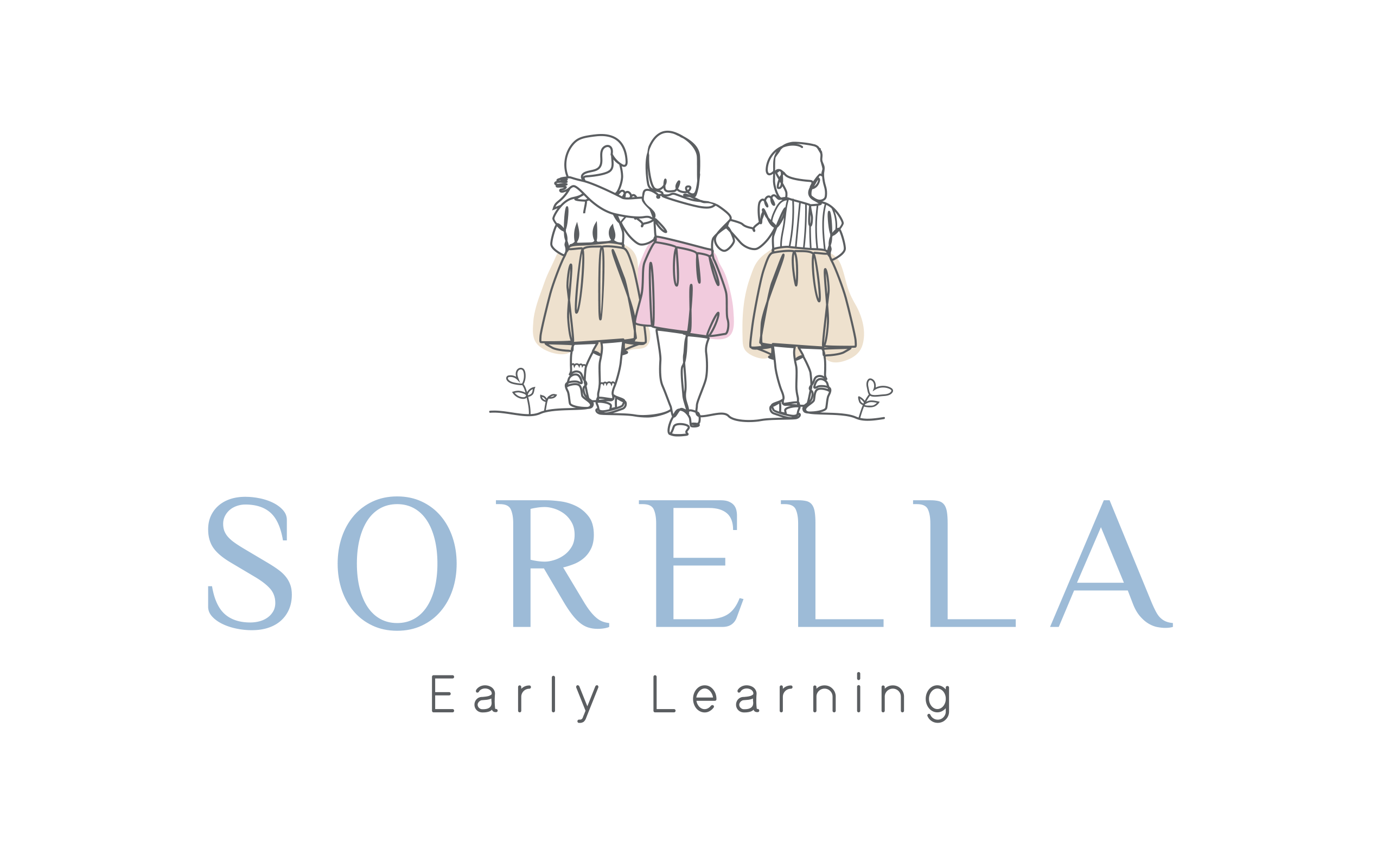As parents, we eagerly anticipate our child’s first words and often worry about their speech development in those early years.
Early speech and language development play a significant role in a child’s growth and development and children having difficulties with these skills may struggle with social interactions, academic performance, and confidence.
So, let’s explore the typical speech and language milestones to look out for in your children – remember, every child develops at their own pace, but there are general milestones you can look out for.
6-12 months: babbling, imitating sounds, and responding to their name
12-18 months: saying a few words, understanding simple instructions, and pointing to objects of interest
18-24 months: saying 50 or more words, combining two words (such as “more milk”), and following simple two-step instructions
2-3 years: saying simple sentences, answering simple questions, and engaging in back-and-forth conversations
3-4 years: using more complex sentences, asking questions, and telling stories
How can you Support Your Child’s Speech Development?
Talk, talk, talk
One of the simplest and most effective ways to support your child’s speech development is to talk to them! Narrate your day-to-day activities, point out objects and their names, and encourage your child to respond and ask questions.
Read together
Reading with your child is a great bonding activity and exposes children to new words, sentence structure, and storytelling skills. Encourage your child to ask questions, point out objects in the illustrations, and get them to share what they think might happen next in the story.
Play and engage in conversations
Playing and engaging in conversations with your child provides them with opportunities to practice their speech and language skills in a fun and interactive way. Ask open-ended questions, play games that require turn-taking, and encourage your child to use their imagination and storytelling skills.
Seek professional help if you need it
If you have concerns about your child’s speech or language development, a speech-language specialist can evaluate your child’s skills and provide recommendations for support and intervention if needed.
The more exposure your child has to language, the more opportunities they have to practice!
Looking for online resources? Check out Twinkl or Speech Pathology Australia.

